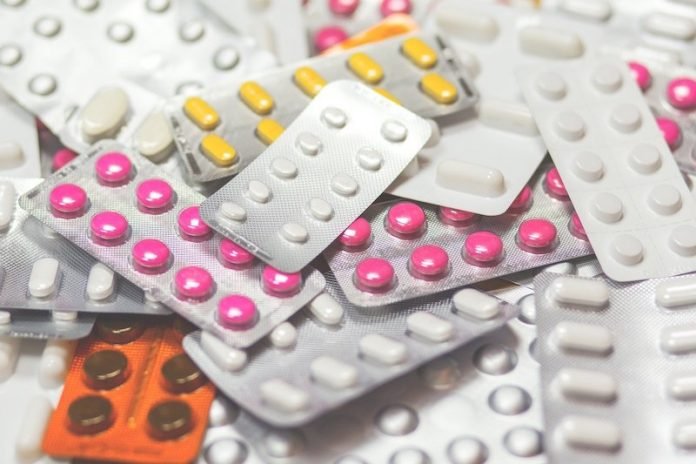
Around a third of people who are clinically depressed don’t respond well to the current drug and talking therapies, and drug side effects are relatively common.
An emerging body of evidence suggests that inflammation contributes to the development of major depression, but the results of clinical trials using various anti-inflammatory agents to treat the condition have proved inconclusive.
In a recent study from Huazhong University of Science and Technology, researchers found anti-inflammatory drugs, such as aspirin/paracetamol, statins, and antibiotics can safely and effectively curb the symptoms of major depression.
The effects are even stronger when these agents are added on to standard antidepressant treatment.
The study is published in the Journal of Neurology Neurosurgery & Psychiatry. The lead author is Shuang Bai.
In the study, the researchers reviewed the available evidence to see if anti-inflammatory agents work better than dummy (placebo) treatment either alone or when used as add-on therapy to standard antidepressant treatment.
Anti-inflammatory agents included: non-steroidal anti-inflammatory drugs (NSAIDs); omega 3 fatty acids; drugs that curb production of inflammatory chemicals (cytokine inhibitors); statins; steroids; antibiotics (minocycline); a drug used to treat sleep disorders (modafinil); and N-acetyl cysteine, known as NAC, and used to loosen the excess phlegm of cystic fibrosis and COPD and also taken as an antioxidant supplement.
The researchers reviewed 30 relevant studies involving 1610 people, which reported changes in depression scales. They pooled the data from 26 of these studies.
The data analysis showed that anti-inflammatory agents were better than placebo and enhanced the effects of standard antidepressant treatment.
These drugs were 52% more effective in reducing symptom severity, overall, and 79% more effective in eliminating symptoms than placebo, as measured by an average fall in depression scales of 55.
More detailed analysis indicated that NSAIDs, omega 3 fatty acids, statins, and minocycline were the most effective at reducing major depressive symptoms compared with placebo.
And the effects were even greater when one or other of these agents was added to standard antidepressant treatment.
But anti-inflammatory agents didn’t seem to improve quality of life, although this might have been because of the small number of studies that looked at this aspect.
No major side effects were evident, although there were some gut symptoms among those taking statins and NACs, and the trials lasted only 4 to 12 weeks, so it wasn’t possible to track side effects over the longer term.
These findings suggest that anti-inflammatory agents play an antidepressant role in patients with major depressive disorder and are reasonably safe.
Copyright © 2019 Knowridge Science Report. All rights reserved.



